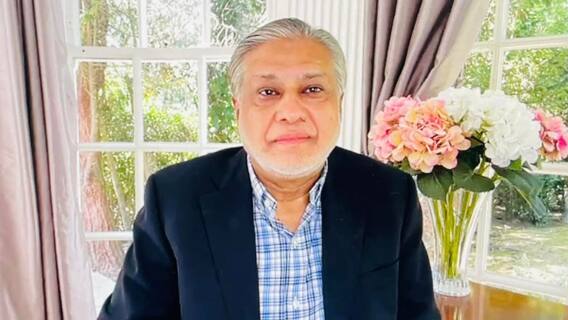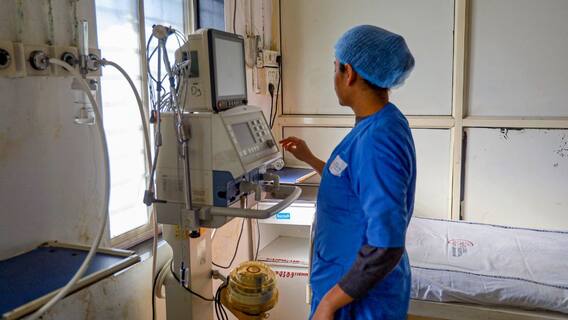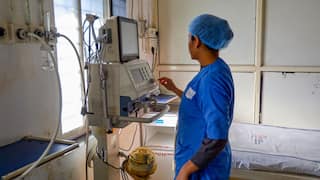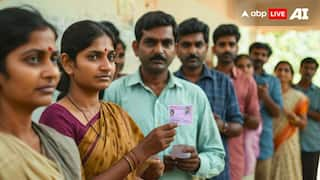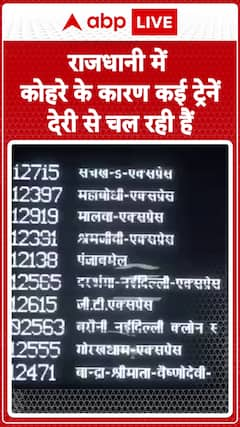50-year-old drug treats unexplained infertility most efficiently: Study

Washington D.C [USA], July 3 (ANI): Over the past decade, significant advances have occurred in the diagnosis and treatment of reproductive disorders.
But looks like an inexpensive fertility drug, which has been available for more than 50 years and can be taken orally, has proved as effective as other more costly hormones when used for ovarian stimulation before intrauterine stimulation (IUI).
Investigator Dr Noor Danhof from the AMC Centre for Reproductive Medicine in Amsterdam says the results of the study, a large randomised trial performed in the Netherlands, now make this "least expensive and least invasive stimulation agent" the drug of choice in IUI.
IUI with ovarian stimulation is in many countries first-line fertility treatment for couples with unexplained and mild male infertility. The cause of infertility in many couples, in some studies as many as one-third of all cases, cannot be diagnosed or explained, and this group of patients still represents a real challenge to fertility clinics, with options ranging from wait-and-see ("expectant management") to IVF.
Between them lies the common approach of IUI, with prior ovarian stimulation to increase the number of leading follicles and thereby the chance of pregnancy. However, this approach has been linked to an increased risk of multiple pregnancy, so close ultrasound monitoring of ovarian response is always indicated.
Given this risk, it is also a matter of some controversy of how the ovarian stimulation for IUI should be performed, either with a course of routinely used injections of follicle stimulating hormone (FSH) or a shorter course of the non-hormonal drug clomiphene citrate. The trial reported today will now help resolve that controversy.
The study, performed in 24 fertility centres in the Netherlands and including only couples with unexplained or mild male subfertility, randomised 369 women to IUI with FSH and 369 women to IUI with clomiphene. Results showed that 31 percent (113 women) had an ongoing pregnancy following IUI with FSH and 26 percent (97 women) had an ongoing pregnancy following IUI with clomiphene; there was no statistical difference between the two.
Results also showed that five women (one percent) had a multiple pregnancy following IUI-FSH and eight (two percent) had a multiple pregnancy following IUI-CC - again, a statistically non-significant difference.
Dr Danhof reports that the study was sufficiently powered to detect and prove a difference of 10 percent in ongoing pregnancies between the two stimulation agents.
Patients in both arms of the study were treated with standard protocols of stimulation with either FSH or clomiphene, the former given by daily injection and the latter by daily tablet. The mean duration of stimulation with FSH was eight days, with total costs for the eight days estimated at 200 euros per patient. Clomiphene was given for five days (from cycle day 3, 4 or 5, with total costs estimated at 5 euros per patient.
"We showed that IUI stimulated with FSH is not superior to IUI and clomiphene in terms of ongoing pregnancies, live births and time to pregnancy," said Dr Danhof.
Adding, "We also found a comparable low multiple pregnancy rate between IUI-FSH and IUI-CC - and these are now the reasons why we recommend using the least expensive stimulation agent. It's also a benefit for patients that clomiphene is administered orally for five days, while FSH is administered by injection."
As background to the study Dr Danhof explained that as many as 70 million people worldwide fail to conceive after one year of regular unprotected intercourse and seek medical help. Routine investigations - semen analysis, ovulation tests, ultrasound examination - will fail to find a clinical explanation in many of these cases, and the treatment of this unexplained infertility remains a challenge. The cumulative pregnancy rates recorded in this study - around 30% - are reasonable in such cases when treated with stimulated IUI.
Despite the allocation of all patients in this study to specific treatment, 48 of the 210 ongoing pregnancies (23 percent) were achieved by natural conception. This too is in line with the natural conception rate reported from other trials, thus suggesting that "expectant management" (wait-and-see) may be a reasonable option in patients with unexplained infertility - though there is no strong evidence in its favour.
The results of the study will be presented today at the 33rd annual meeting of ESHRE in Geneva. (ANI)
This story has not been edited. It has been published as provided by ANI
Trending News
Top Headlines








